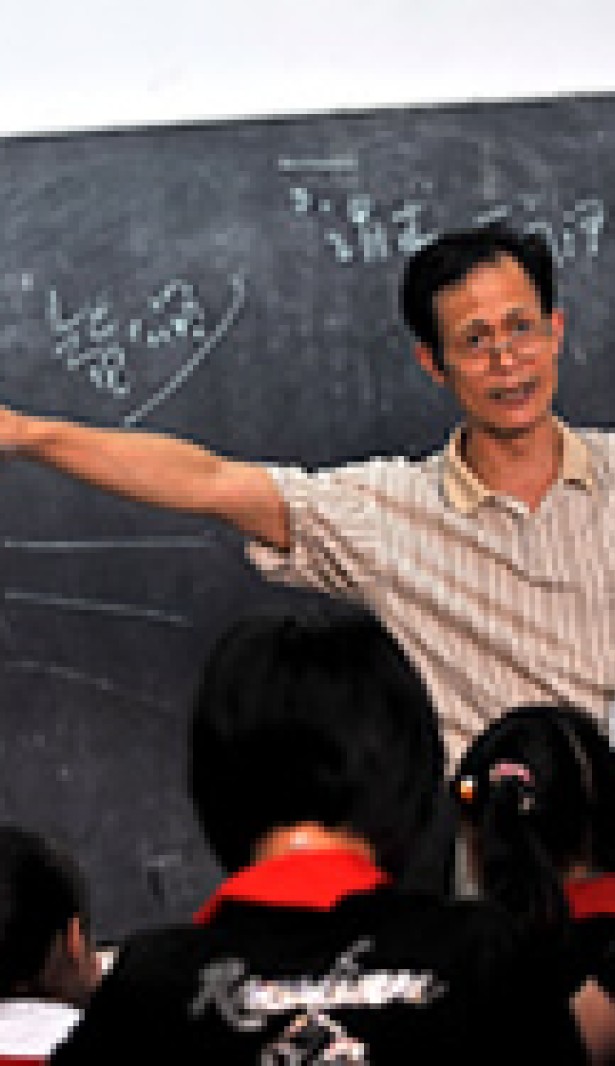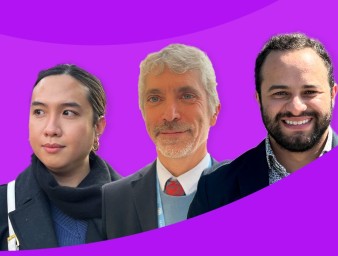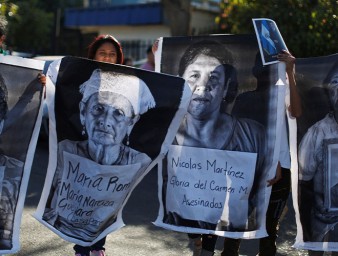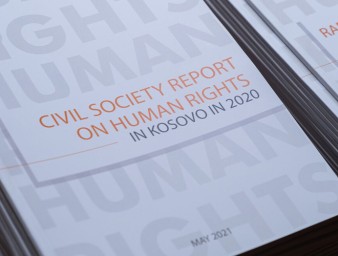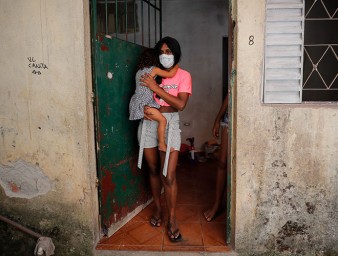Out of many perspectives comes one history
23 September 2014
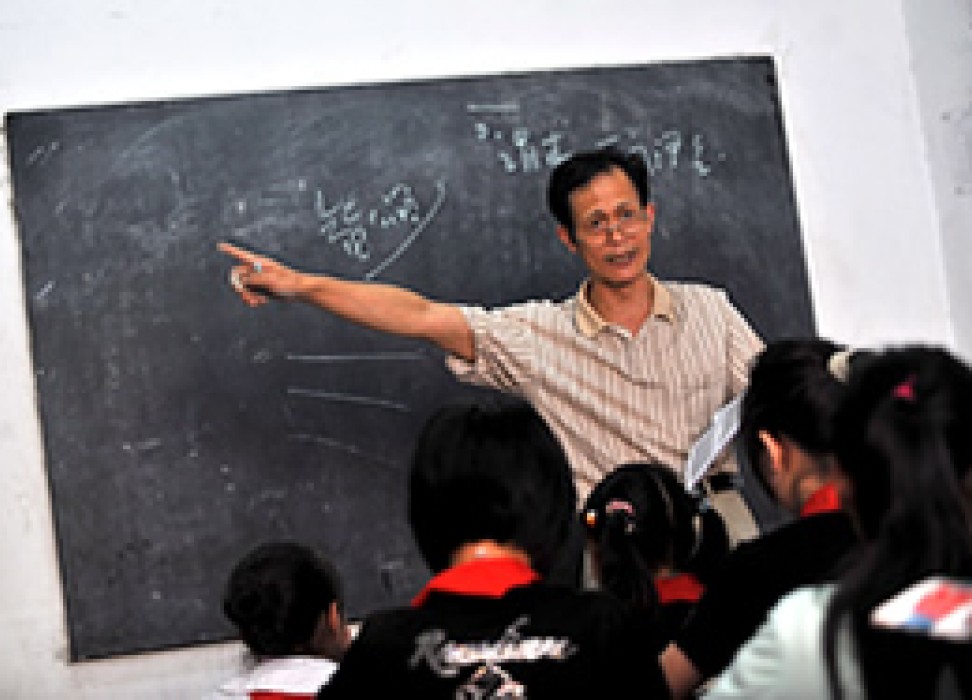
“History is not a religion, with one truth for people to believe. It is a discussion,” said Dubravka Stojanovic, a professor in the History Department at Belgrade University in Serbia.
However, this discussion of history won’t lead to cultural relativism – the idea that there are different versions of the truth based on your perspective," explained Pablo De Greiff, Special Rapporteur on the promotion of truth, justice, reparation and guarantees of non-recurrence.
“If there is a basic commitment to the acknowledgement of certain facts . . . to a fundamental truth that certain things did take place, then there can be no space for cultural relativism.” Yet, various interpretations of the facts may arise and should be heard, he added.
De Greiff and Stojanovic were two of the four speakers on a panel about history teaching and memorialization processes as a human rights issue.
In her opening remarks, Deputy High Commissioner for Human Rights Flavia Paniseri said that the way societies view and interpret the past guides understanding of the present.
“Memorial practices and history curricula should stimulate and promote civic engagement, critical thinking and discussion,” she said. “They should help to develop not only our understanding of the past, but also of the contemporary challenges.”
The discussion was moderated by Farida Shaheed, Special Rapporteur in the field of cultural rights. Shaheed recently published two reports looking at writing and teaching history, which focused on history textbooks, and memorials and museums, which focused on memorialization processes. In both reports as well as during the panel discussion, she highlighted the importance of ensuring a multi-perspective approach, stressing that creating space enabling the expression of a plurality of narratives regarding the past was “crucial”, particularly to post-conflict and deeply divided societies.
“Essentially, because it allows insights into the experience of the Other – whoever this Other may be – and hopefully a glimpse of our common humanity beyond the fractured identities we especially privilege in conflict.”
Panelists made several recommendations to better improve the teaching of history and memorialization processes. These included ensuring that a wide array of textbooks are available for teachers to choose from, amassing political will to create opportunities for a more pluralistic view of a country’s history, and teaching social rather than political history as a way to improve and increase the representation of women in historical narratives.
The idea of a multi-perspective on history and memorials takes on special resonance this year: 2014 marks the 100th anniversary of the start of World War I, and there are numerous debates and discussions being held by academics, journalists, historians and even artists about how to best address, understand and commemorate the past. As Shaheed pointed out, there is no common narrative on the past.
“Such plurality is crucial if we want reconciliation processes to be sustainable,” she said.
23 September 2014
